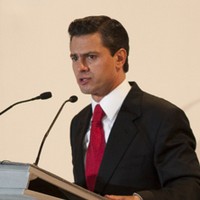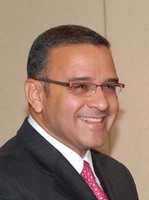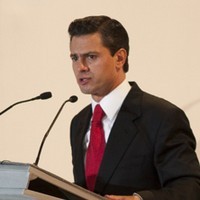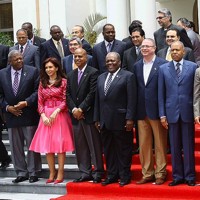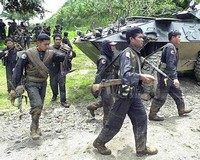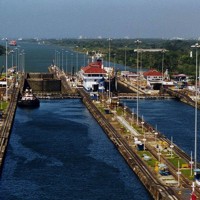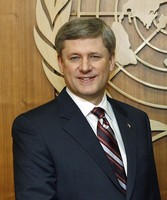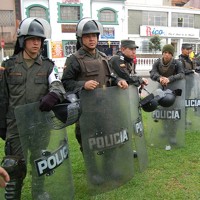
Colombian security forces are in demand internationally, with the United Arab Emirates seeking to hire 3,000 Colombian soldiers and Mexico and Honduras turning to Colombian security officials for advice on fighting crime. In an email interview, Elyssa Pachico, a researcher, writer and senior editor for InSight Crime, discussed Colombia’s status as a security exporter. WPR: How has the international profile of Colombia’s security forces changed over the past decade or so? Elyssa Pachico: In the 1990s, Colombia’s security forces were seen at best as unprofessional and at worst as totally corrupt. Right up until the implementation in 2000 of Plan […]


